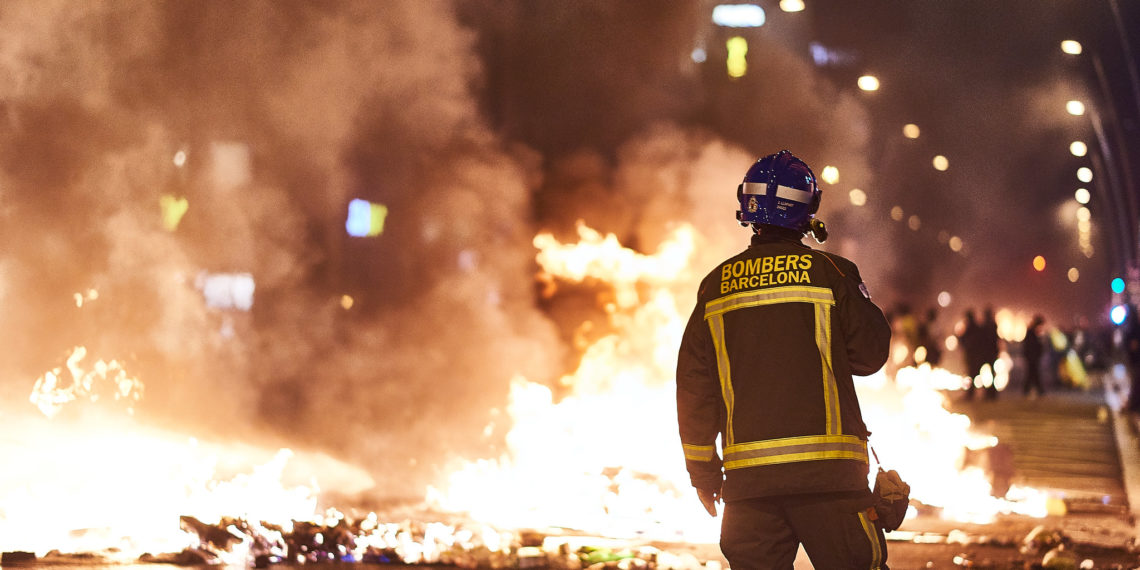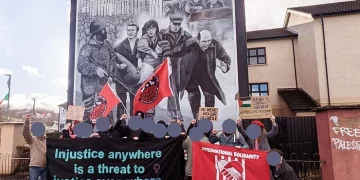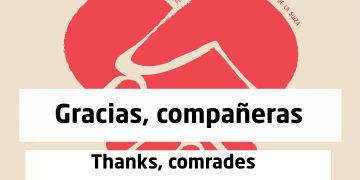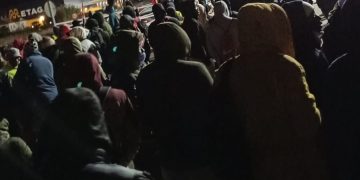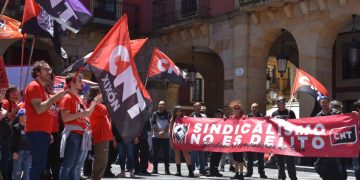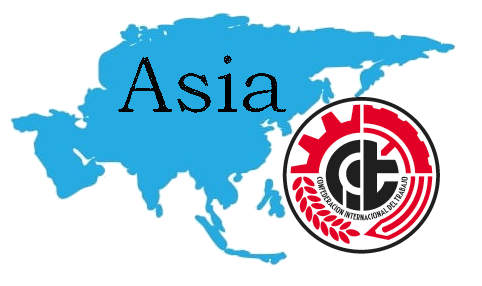Imagen: Masha Gladkova
The exceptional social climate going on in Catalonia at the moment is unprecedented in its recent history. Throughout the week, mobilisations against the sentence (of the organisers of the referendum on self-determination two years ago) have been massive and have shown the strength that the people can have when they organise and get out on the streets on a large scale.
On the other hand, there’s been police violence from the very first moment, unleashed by the anti-riot squads of the local Catalan (Mossos d’Esquadra) and Spanish Police, that have worked together. This sparked a non.-stop wave of riots, that have taken place at night fall in all the large towns in Catalonia. Their intensity has only increased night by night and day by day.
The Catalan administration and local politicians are now distancing themselves from these protests, as they claim they’ve turned violent. When the going gets tough, they’re turning their backs on a large sector of youths who grew up watching the National Police and Guardia Civil (militarised police) assaulting their schools, when they were used as electoral colleges in the referendum on self-determination, and beating peaceful defenders of the referendum. This youth is today defending itself (and us) from police brutality. But they get thrown under the bus amidst accusations of terrorism and violence coming from the Socialist government of Pedro Sánchez and a chorus of officials, politicians and the far right.
The world is experiencing a surge in protests. These happen for many different reasons, but they all have a common denominator: everybody hopes to achieve the highest levels of freedom, social justice and well-being possible. But neoliberal economies have failed to provide these for most people in every country. Therefore, protests ignite periodically due to a combination of local factors (most recently in Hong Kong, Ecuador and now in Chile, to name a few). These protests are usually met with brutal repression and authoritarian attitudes by all forms of government.
By definition, being in government corrupts. Parties involved in parliamentary politics have their own agendas, namely, to keep whatever power they have for as long as they are in session. To this aim, some of them do not hesitate to try and use people’s pressure in the streets, according to their own strategy and interests. In this occasion, Catalonia has gone far beyond what the Catalan and Spanish political class had in mind. By doing so, it has given an example of dignity and self-organisation, with a proper uprising.
At the same time, the economic and social situation in Catalonia is deteriorating: high unemployment rates affecting the most vulnerable (youths, people over 55 years of age, women and immigrants), increasing poverty, lack of access to adequate housing, precarious work, worsening education and health systems, etc. This situation is similar to the rest of the Spanish State, with differences in each territory.
Society is also beginning to mobilize in other parts against state repression in Catalonia: Madrid, Burgos, Vitoria, Seville … More and more cities are protesting against repression and those responsible: the government and the monarchy.
The regime we live in was born from a pact by the current political class with Francoists in 1978. Since then, this political system and state have been repressing the working class and anyone who questioned it. We need to find a common strategy to end this situation. One that involves all possible actors to put an end to the current monarchy and set up a new scenario, far removed from repression.
CNT Vallès Oriental, as a revolutionary and anarcho-syndicalist union, are committed to reach out to other trade unions in Catalonia and in the rest of the State to initiate a revolutionary trade union movement. One that accompanies the Catalan revolt and provides a class and social outlook, that advocates the abolition of monarchy and a new arrangement of the territory, as a confederation, in which each town can exercise political self-determination.
Long live freedom!
Also available in:
 Español (Spanish)
Español (Spanish)



